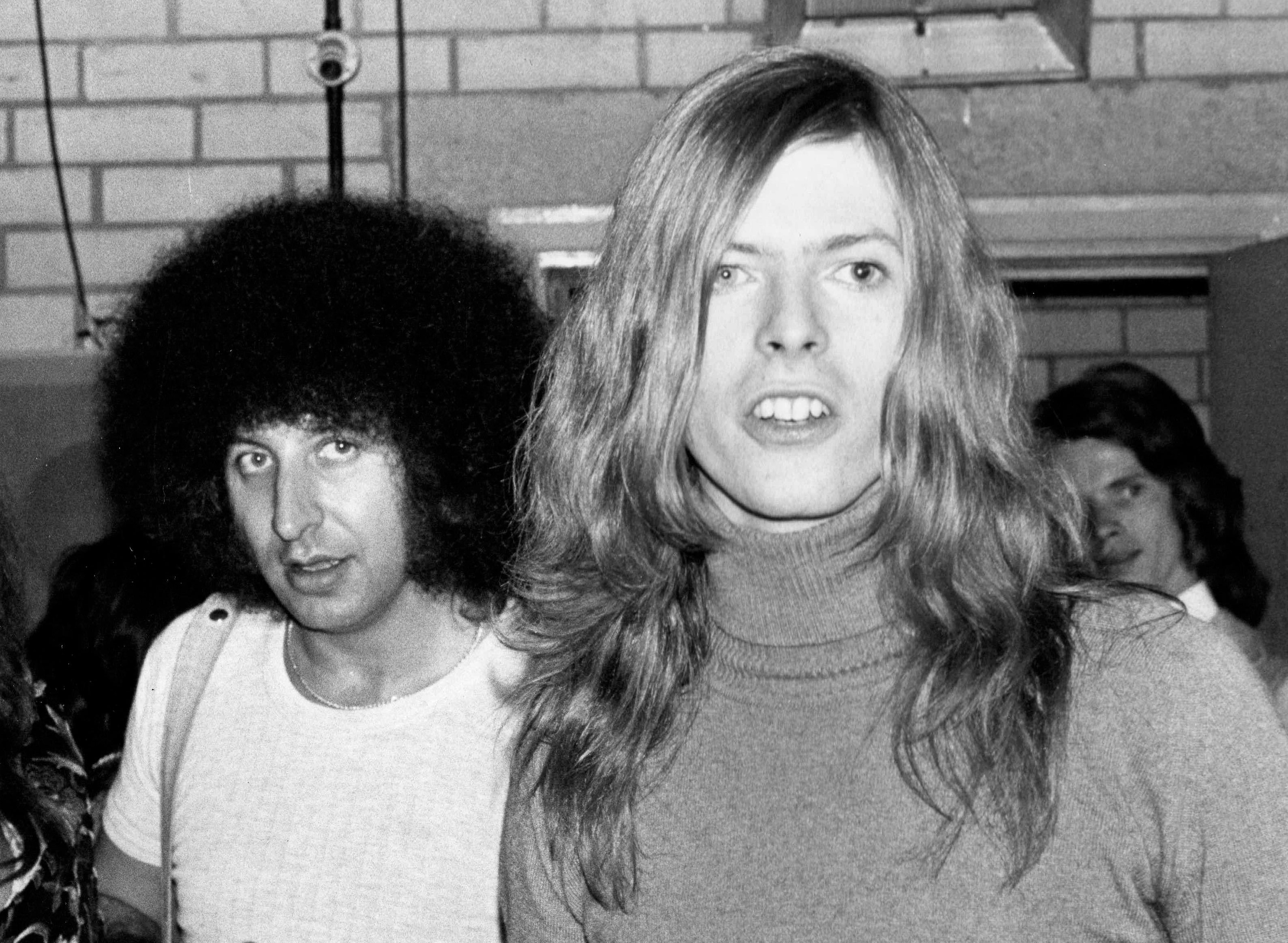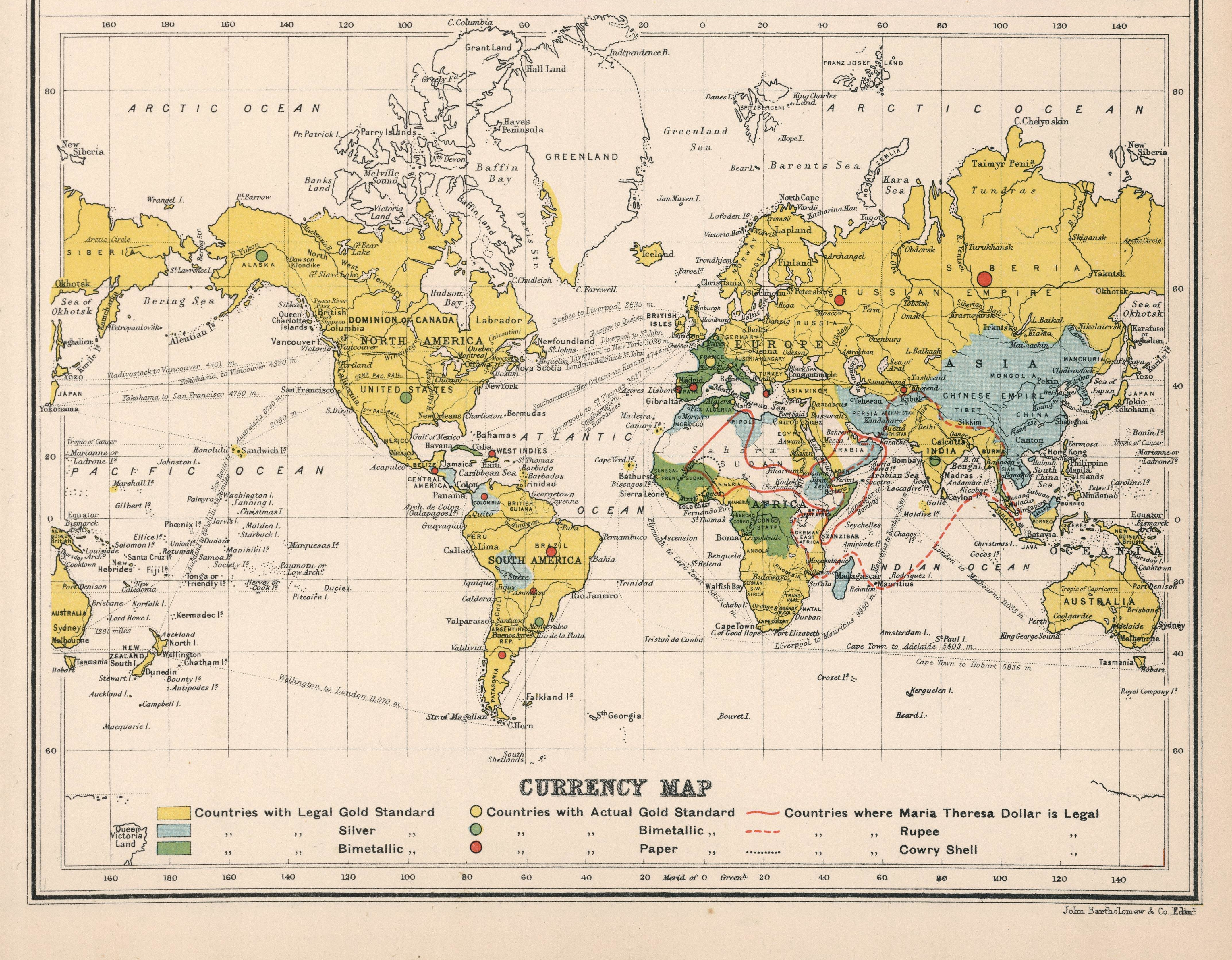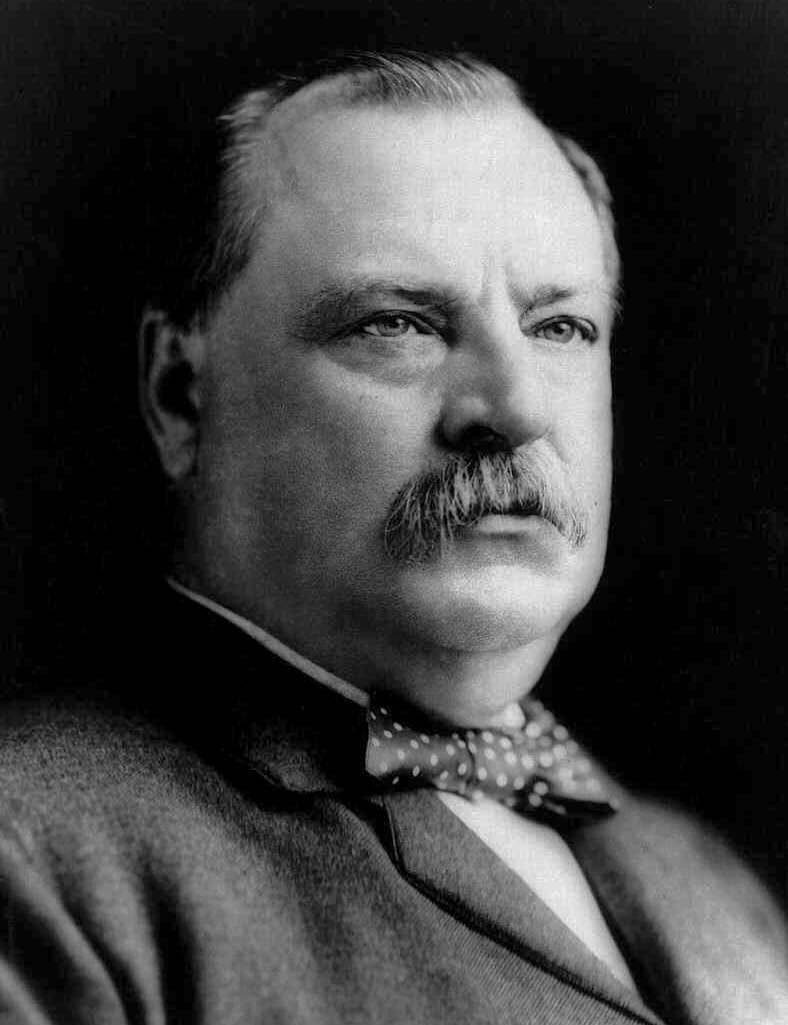|
1896 Democratic National Convention
The 1896 Democratic National Convention, held at the Chicago Coliseum from July 7 to July 11, was the scene of William Jennings Bryan's nomination as the Democratic presidential candidate for the 1896 U.S. presidential election. At age 36, Bryan was the youngest presidential nominee in American history, only one year older than the constitutional minimum. Bryan's keynote "Cross of Gold" address, delivered prior to his nomination, lambasted Eastern monied classes for supporting the gold standard at the expense of the average worker. This was a repudiation of Cleveland administration's policy, but proved popular with the delegates to the convention. Bryan secured the nomination on the fifth ballot over Richard P. Bland. Bryan declined to choose a Democratic vice presidential nominee, leaving the choice to his fellow delegates. Arthur Sewall of Maine was nominated on the fifth ballot. Bryan and Sewall ultimately lost to the Republican candidates, William McKinley and Ga ... [...More Info...] [...Related Items...] OR: [Wikipedia] [Google] [Baidu] |
Chicago Coliseum
Chicago Coliseum was the name applied to three large indoor arenas, which stood at various times in Chicago, Illinois, from the 1860s to 1982. They served as venues for large national conventions, exhibition halls, sports events, and entertainment. The first Coliseum stood at State and Washington streets in Chicago's downtown in the late 1860s. The second venue was located at 63rd Street near Stony Island Avenue in the south side's Woodlawn, Chicago, Woodlawn community (near the site of the 1893 World's Fair). It hosted the 1896 Democratic National Convention (known for the Cross of gold speech, "Cross of Gold" speech), and several early indoor American football games. After hosting a notable convention for the then new and growing bicycle industry, it burned a few months later. The third Chicago Coliseum was located at Wabash Avenue near 15th Street on the Near South Side, Chicago, near south side. It hosted five consecutive Republican National Conventions, (1904 Republican ... [...More Info...] [...Related Items...] OR: [Wikipedia] [Google] [Baidu] |
William McKinley
William McKinley (January 29, 1843September 14, 1901) was the 25th president of the United States, serving from 1897 until Assassination of William McKinley, his assassination in 1901. A member of the Republican Party (United States), Republican Party, he led a realignment that made Republicans History of the Republican Party (United States), largely dominant in the industrial states and nationwide for decades. McKinley successfully led the U.S. in the Spanish–American War and oversaw a period of Manifest destiny, American expansionism, with the annexations of Hawaii, Puerto Rico, Guam, the Philippines, and American Samoa. McKinley was the last president to have served in the American Civil War; he was the only one to begin his service as an enlisted soldier, enlisted man and ended it as a brevet (military), brevet major. After the war, he settled in Canton, Ohio, where he practiced law and married Ida Saxton. In 1876, McKinley was elected to Congress, where he became the ... [...More Info...] [...Related Items...] OR: [Wikipedia] [Google] [Baidu] |
David B
David Robert Jones (8 January 194710 January 2016), known as David Bowie ( ), was an English singer, songwriter and actor. Regarded as one of the most influential musicians of the 20th century, Bowie was acclaimed by critics and musicians, particularly for his innovative work during the 1970s. His career was marked by reinvention and visual presentation, and his music and stagecraft have had a great impact on popular music. Bowie studied art, music and design before embarking on a professional career as a musician in 1963. He released a string of unsuccessful singles with local bands and David Bowie (1967 album), a self-titled solo album (1967) before achieving his first top-five entry on the UK singles chart with "Space Oddity" (1969). After a period of experimentation, he re-emerged in 1972 during the glam rock era with the alter ego Ziggy Stardust (character), Ziggy Stardust. The success of the single "Starman (song), Starman" and its album ''The Rise and Fall of Ziggy Star ... [...More Info...] [...Related Items...] OR: [Wikipedia] [Google] [Baidu] |
Henry M
Henry may refer to: People and fictional characters * Henry (given name), including lists of people and fictional characters * Henry (surname) * Henry, a stage name of François-Louis Henry (1786–1855), French baritone Arts and entertainment * Henry (2011 film), ''Henry'' (2011 film), a Canadian short film * Henry (2015 film), ''Henry'' (2015 film), a virtual reality film * ''Henry: Portrait of a Serial Killer'', a 1986 American crime film * Henry (comics), ''Henry'' (comics), an American comic strip created in 1932 by Carl Anderson * "Henry", a song by New Riders of the Purple Sage Places Antarctica * Henry Bay, Wilkes Land Australia *Henry River (New South Wales) *Henry River (Western Australia) Canada * Henry Lake (Vancouver Island), British Columbia * Henry Lake (Halifax County), Nova Scotia * Henry Lake (District of Chester), Nova Scotia New Zealand * Lake Henry (New Zealand) * Henry River (New Zealand) United States * Henry, Illinois * Henry, Indiana * Henry, Nebras ... [...More Info...] [...Related Items...] OR: [Wikipedia] [Google] [Baidu] |
The New York Times
''The New York Times'' (''NYT'') is an American daily newspaper based in New York City. ''The New York Times'' covers domestic, national, and international news, and publishes opinion pieces, investigative reports, and reviews. As one of the longest-running newspapers in the United States, the ''Times'' serves as one of the country's Newspaper of record, newspapers of record. , ''The New York Times'' had 9.13 million total and 8.83 million online subscribers, both by significant margins the List of newspapers in the United States, highest numbers for any newspaper in the United States; the total also included 296,330 print subscribers, making the ''Times'' the second-largest newspaper by print circulation in the United States, following ''The Wall Street Journal'', also based in New York City. ''The New York Times'' is published by the New York Times Company; since 1896, the company has been chaired by the Ochs-Sulzberger family, whose current chairman and the paper's publ ... [...More Info...] [...Related Items...] OR: [Wikipedia] [Google] [Baidu] |
Catholicism
The Catholic Church (), also known as the Roman Catholic Church, is the List of Christian denominations by number of members, largest Christian church, with 1.27 to 1.41 billion baptized Catholics Catholic Church by country, worldwide as of 2025. It is among the world's oldest and largest international institutions and has played a prominent role in the history and development of Western civilization.Gerald O'Collins, O'Collins, p. v (preface). The church consists of 24 Catholic particular churches and liturgical rites#Churches, ''sui iuris'' (autonomous) churches, including the Latin Church and 23 Eastern Catholic Churches, which comprise almost 3,500 dioceses and Eparchy, eparchies List of Catholic dioceses (structured view), around the world, each overseen by one or more Bishops in the Catholic Church, bishops. The pope, who is the bishop of Rome, is the Papal supremacy, chief pastor of the church. The core beliefs of Catholicism are found in the Nicene Creed. The ... [...More Info...] [...Related Items...] OR: [Wikipedia] [Google] [Baidu] |
Bimetallism
Bimetallism, also known as the bimetallic standard, is a monetary standard in which the value of the monetary unit is defined as equivalent to certain quantities of two metals, typically gold and silver, creating a fixed Exchange rate, rate of exchange between them. For scholarly purposes, "proper" bimetallism is sometimes distinguished as permitting that both gold and silver money are legal tender in unlimited amounts and that gold and silver may be taken to be coined by the Mint (facility), government mints in unlimited quantities. This distinguishes it from "limping standard" bimetallism, where both gold and silver are legal tender but only one is freely coined (e.g. the monies of France, Germany, and the United States after 1873), and from "trade" bimetallism, where both metals are freely coined but only one is legal tender and the other is used as "trade money" (e.g. most monies in western Europe from the 13th to 18th centuries). Economists also distinguish ''legal'' bimeta ... [...More Info...] [...Related Items...] OR: [Wikipedia] [Google] [Baidu] |
Small Government
Small means of insignificant size. Small may also refer to: Science and technology * SMALL, an ALGOL-like programming language * ''Small'' (journal), a nano-science publication * <small>, an HTML element that defines smaller text Arts and entertainment Fictional characters * Small, in the British children's show Big & Small Other uses * Small (surname) * List of people known as the Small * "Small", a song from the album ''The Cosmos Rocks'' by Queen + Paul Rodgers See also * Smal (other) Smal may refer to: People * (1927-2001), Dutch musician * Georges Smal (1928–1988), Belgian writer * Gert Smal (born 1961), South African rugby player * Gijs Smal (born 1997), Dutch football player * (born 1939), Belgian politician; a memb ... * Smalls (other) {{disambiguation ... [...More Info...] [...Related Items...] OR: [Wikipedia] [Google] [Baidu] |
American Bimetallic League
American(s) may refer to: * American, something of, from, or related to the United States of America, commonly known as the "United States" or "America" ** Americans, citizens and nationals of the United States of America ** American ancestry, people who self-identify their ancestry as "American" ** American English, the set of varieties of the English language native to the United States ** Native Americans in the United States, indigenous peoples of the United States * American, something of, from, or related to the Americas, also known as "America" ** Indigenous peoples of the Americas * American (word), for analysis and history of the meanings in various contexts Organizations * American Airlines, U.S.-based airline headquartered in Fort Worth, Texas * American Athletic Conference, an American college athletic conference * American Recordings (record label), a record label that was previously known as Def American * American University, in Washington, D.C. Sports teams S ... [...More Info...] [...Related Items...] OR: [Wikipedia] [Google] [Baidu] |
Agrarianism
Agrarianism is a social philosophy, social and political philosophy that advocates for rural development, a Rural area, rural agricultural lifestyle, family farming, widespread property ownership, and political decentralization. Those who adhere to agrarianism tend to value traditional forms of local community over urban modernity. Agrarian political parties sometimes aim to support the rights and sustainability of small farmers and poor peasants against the wealthy, powerful and famous in society. Philosophy Some scholars suggest that agrarianism espouses the superiority of rural society to urban society and the independent farmer as superior to the paid worker, and sees farming as a way of life that can shape the ideal social values. It stresses the superiority of a simpler rural life in comparison to the complexity of urban life. For example, M. Thomas Inge defines agrarianism by the following basic tenets: * Farming is the sole occupation that offers total independence and S ... [...More Info...] [...Related Items...] OR: [Wikipedia] [Google] [Baidu] |
Bourbon Democrat
Bourbon Democrat was a term used in the United States in the later 19th century and early 20th century (1872–1904) to refer to members of the Democratic Party who were ideologically aligned with fiscal conservatism or classical liberalism, especially those who supported presidential candidates Charles O'Conor in 1872, Samuel J. Tilden in 1876, President Grover Cleveland in 1884, 1888, and 1892 and Alton B. Parker in 1904. Bourbon Democrats were promoters of a form of ''laissez-faire'' capitalism which included opposition to the high-tariff protectionism that the Republicans were then advocating as well as fiscal discipline. They represented business interests, generally supporting the goals of banking and railroads, but opposing subsidies and trade protectionism. They opposed American imperialism and overseas expansion, fought for the gold standard against bimetallism, and promoted what they called "hard" and "sound" money. Strong supporters of states' rights and reform mov ... [...More Info...] [...Related Items...] OR: [Wikipedia] [Google] [Baidu] |





